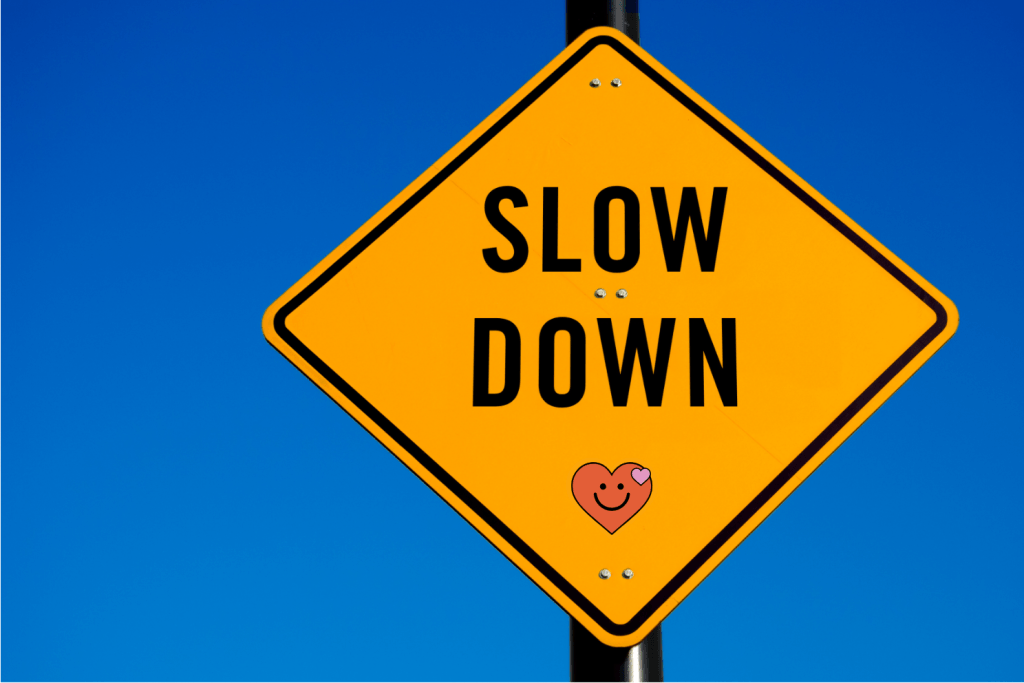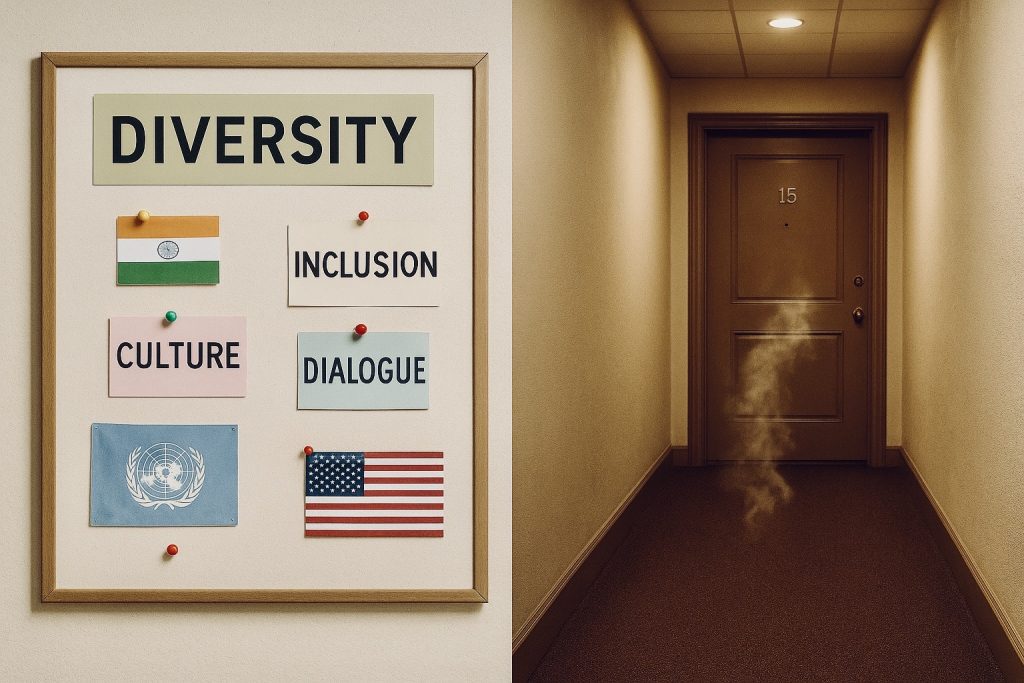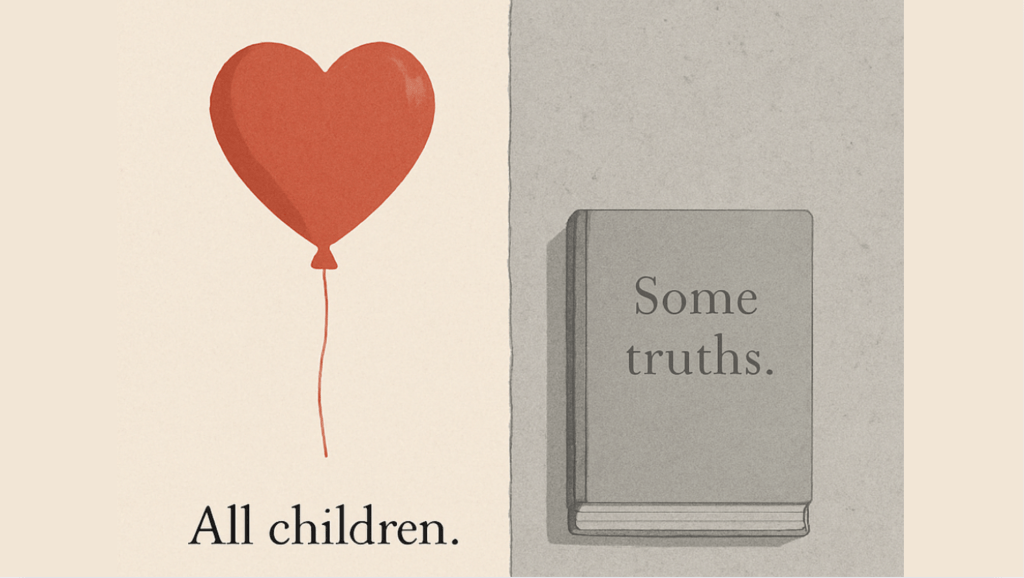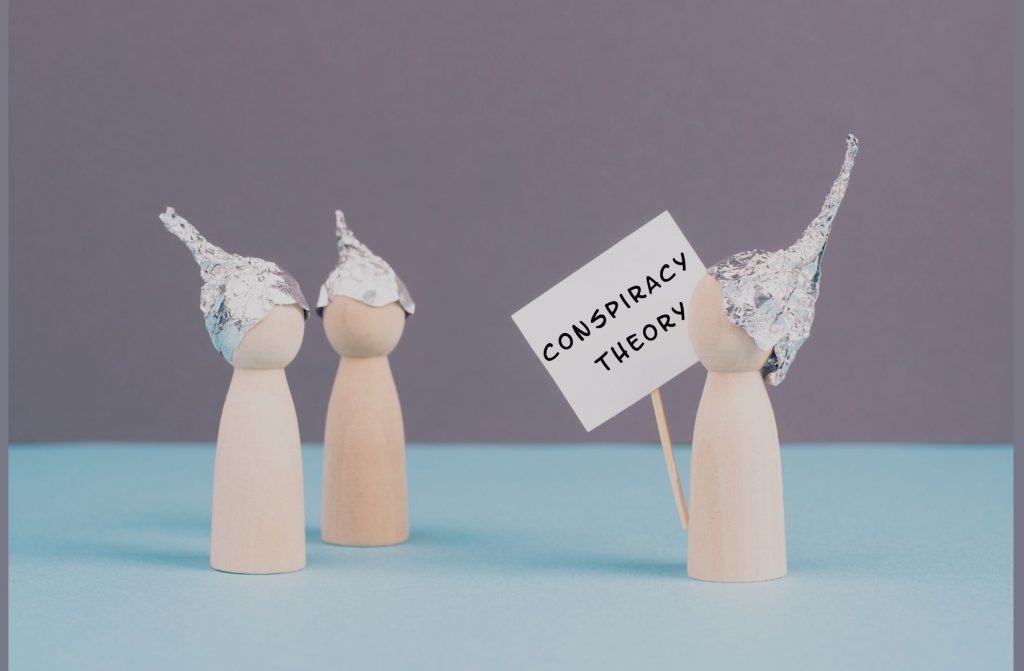In a world that glorifies hustle, distractions, and constant reinvention, it’s easy to believe that as long as you’re moving, you’re growing. Promotions, new relationships, bigger goals, proof that you’re evolving, right? But what if you’re not? What if, deep down, you’re the same person, carrying the same pain, only now with a shinier résumé or a different city to cry in?
Welcome to the illusion of movement, where everything changes, except you.
The “Progress” Trap: Are You Evolving or Just Distracting Yourself?
Psychologists have studied this phenomenon: busyness as an emotional avoidance strategy. According to Self-Determination Theory, developed by psychologists at the University of Rochester, people often engage in “controlled” behaviors (external achievements, constant busyness, overworking) when they lack emotional autonomy—the ability to fully process and integrate uncomfortable emotions. In simpler terms: we stay busy so we don’t have to feel.
This explains why: Some people jump from relationship to relationship, never actually healing, just replacing. Others drown themselves in work, convincing themselves that stress is proof of progress. Entire cultures glorify “always moving” as a sign of success, even when it leads to burnout.
Sound familiar? It’s not just personal, it’s societal.
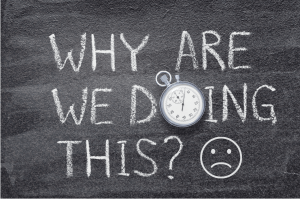
Cultural Conditioning: Why We Fear Stillness
In Western hustle culture, stillness is seen as stagnation. If you’re not constantly working, improving, or achieving, are you even valuable? Productivity has become a moral status—we rank ourselves and each other based on how much we do, not how much we feel. Meanwhile, in some Eastern philosophies, stillness is wisdom. Taoist and Buddhist teachings emphasize pausing, reflecting, and accepting the present, but that’s not exactly Instagram-friendly.
Instead, modern culture has turned distraction into a lifestyle—whether through work, social media, relationships, or self-improvement trends. Because if you’re busy, you don’t have to ask yourself the uncomfortable question: “Am I actually okay?
Signs You’re Running in Place Instead of Growing
Not all movement is progress. Here’s how to know if you’re just distracting yourself:
- You keep “starting fresh,” but nothing actually changes, new job, new city, new relationship—but the same emotional patterns? That’s not growth.
- You chase distractions instead of confronting your feelings, work, dating apps, TikTok doomscrolling—anything to avoid sitting with your emotions.
- You equate “keeping busy” with success, but is your busyness moving you forward or just filling the silence?
- You thrive in chaos because stillness feels unbearable, productivity feels safer than self-reflection—because what if stopping means confronting things you don’t want to face?
How to Actually Move Forward Instead of Just Running Away
1. Sit With Your Discomfort (Yes, Really), If your first instinct is to fill every free second with noise, ask yourself why. Growth starts in the spaces we try to avoid. 2. Stop Mistaking Burnout for Progress, more work doesn’t equal more worth. Slow progress is still progress—if it’s intentional. 3. Face the Patterns You Keep Repeating, are you running from something or toward something? If you’re always escaping, it’s time to stop. 4. Redefine Growth as Internal, Not Just External, a new job, new relationship, or new habit means nothing if the old wounds still exist underneath.
The Hardest Truth: Growth Isn’t Fast or Easy
Self-improvement culture makes it sound like reinventing yourself is just a book, a gym membership, or a move away. But real change? It’s uncomfortable. It’s slow. It happens in the moments where you stop running and finally look yourself in the mirror.
So, next time you feel the urge to fill your calendar, pick up another project, or “start fresh” again—ask yourself, “Am I actually growing? Or just running in circles?”
Because moving forward isn’t about speed—it’s about direction.

